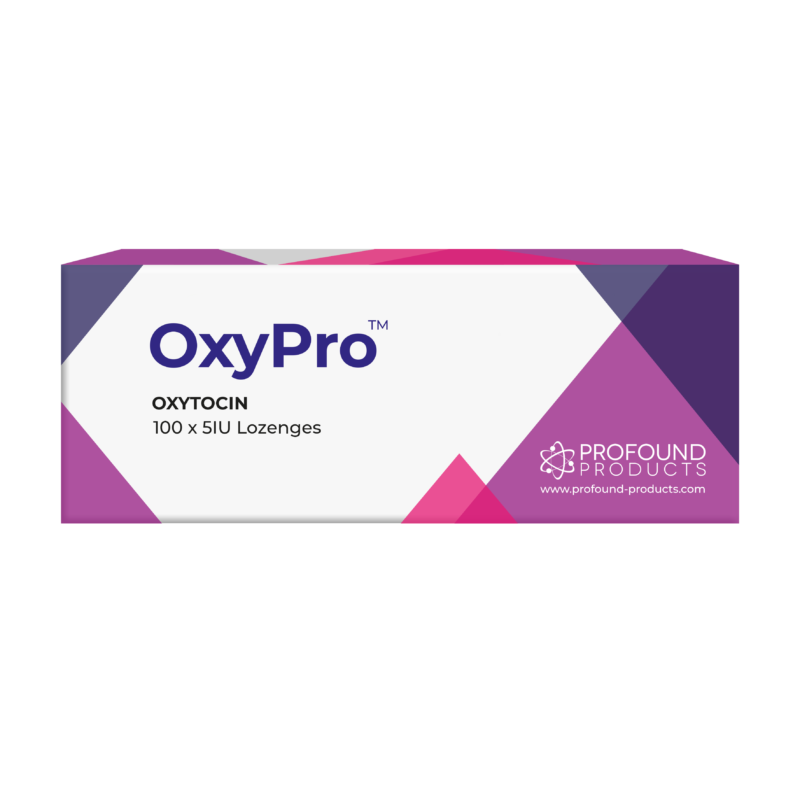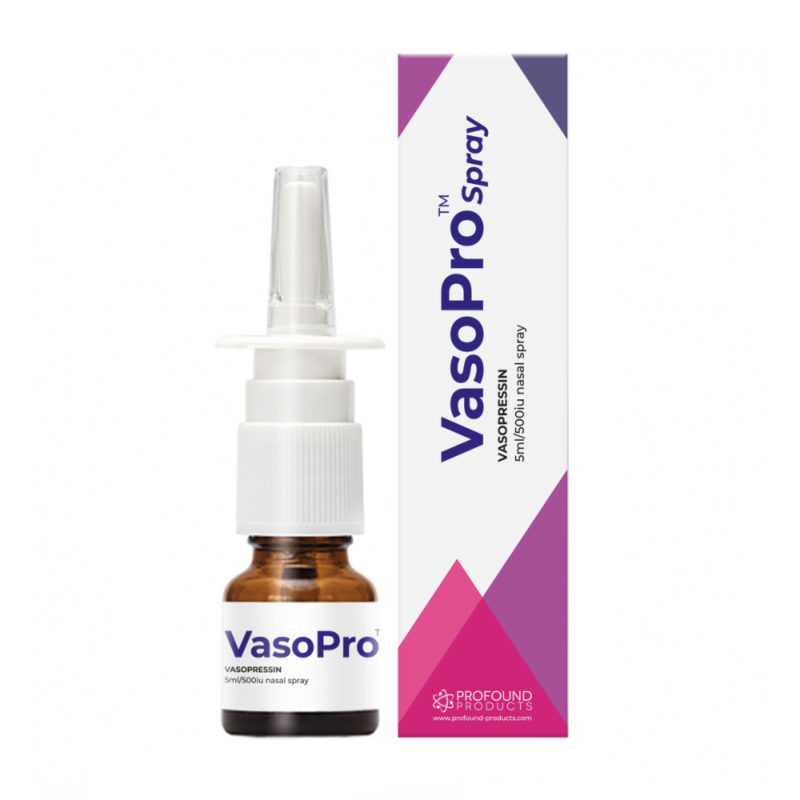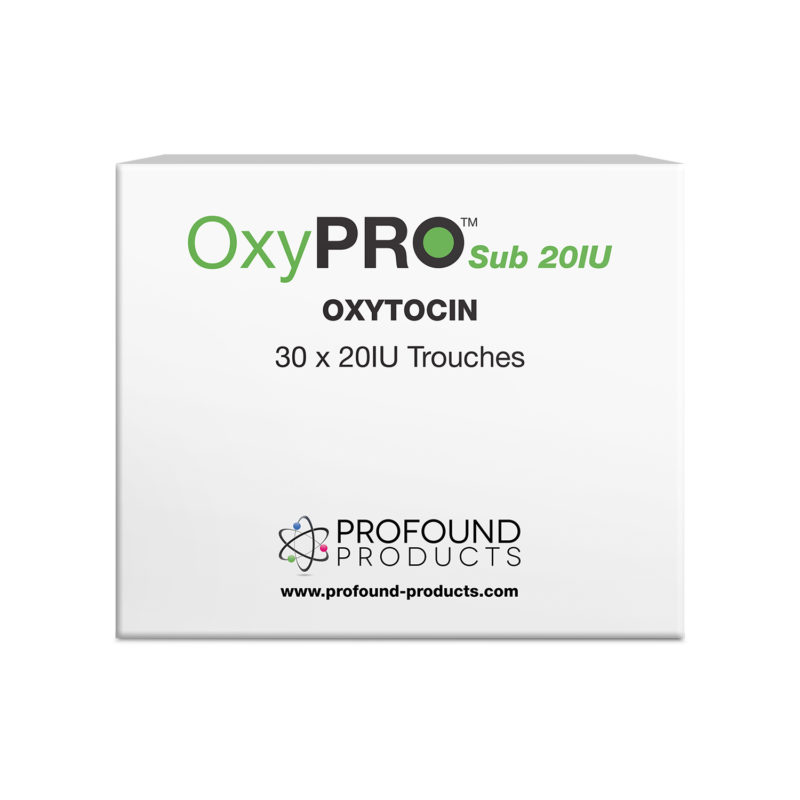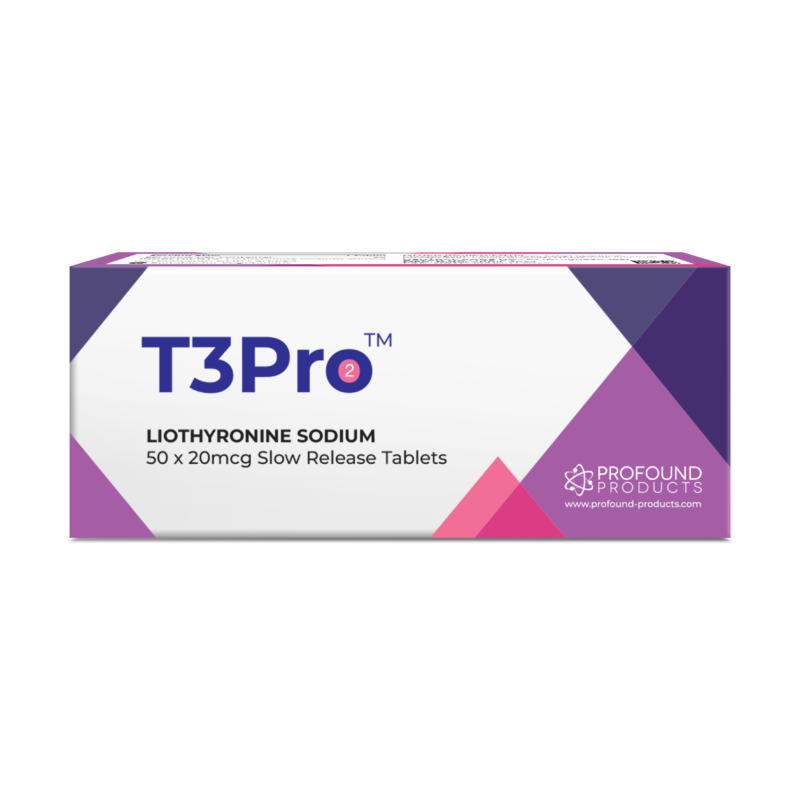Rejecting Anti-Aging Medicine
Rejecting Anti-Aging Medicine – Despite an Extensive Body of Evidence
“Doctors are men who prescribe medicines of which they know little, to cure diseases of which they know less, in human beings of whom they know nothing.” Voltaire
I have often wondered why people reject antiaging medicine. 99 out of 100 people surveyed will reject it out-of-hand by saying they will “look into it” (meaning: do nothing) or “ask their doctor” (meaning: If they do ask their doctor, he or she won’t know much about it since it’s only taught in some American medical schools since 2003.) In the United Kingdom, antiaging is often understood by the man-on-the-street to mean cosmetics.
I am not surprised since decades of rejection have always been the norm historically for most innovations and inventions. For example, the British were still using gas lamps for street lighting during the 1920’s despite other major world cities being lite by electricity since the 1890’s (1).
Second, consider the history of the automobile. Nikolaus Otto invented the gasoline engine in 1865, but it was not until the mid-1880’s when Gottfried Daimler built the first practical motorbike and automobile. Twenty years later, only wealthy people enjoyed the automobile as a toy until Henry Ford began to mass produce them for common folk. Indeed, at the turn of the twentieth century, most people preferred the six-thousand-year-old invention of the horse and carriage.
In medicine, consider the history of breast cancer surgery. During the 1890’s, famous American surgeon Halsted developed radical mastectomy or total breast and surrounding tissue removal. Ninety years came and went before a British clinical double-blind study proved beyond a doubt that simple mastectomy, e.g. removal of a lump, was as effective as radical mastectomy in reducing the spread of cancer (metastasis) (2).
During the last century, other medicos were equally short-sighted. For example, in hospitals during the 1950’s, pulmonary surgeons were routinely exposing blackened lung tissue from smokers’ lungs and healthy pink lung tissue from non-smokers’ lungs. However, none of these highly respected medical doctors made a connection between smoking and lung cancer! Even during the 1960’s, both they and their medical staffs continued to smoke like chimneys despite compelling lung cancer/smoking studies compiled since 1948 (2).
I have related these four sad tales of slow recognition and acceptance of the seemingly obvious to illustrate my frustration with today’s lack of acceptance of preventative and antiaging medicine.
Extensive Body of Medical Research
Believe me when I say that during the last fifteen years, an extensive body of medical research demonstrates that slowed aging and the diseases of aging are a reality. It’s a reality to all those rational- and forward-thinking people who sincerely wish to delay the vulgarity of death and lead healthier and happier lifestyles. I support my assertion with my thirty years of research revealed in my book, Stay 40, and more than three thousand medical research papers summarized in Dr. Thierry Hertoghe’s revolutionary books, ‘The Hormone Handbook,’ volumes I and II.
US Healthcare Spiraling Downward – But There Is Hope
The United Nations has rated US health care at 37th in the world despite Americans spending more than double as much on health care as other industrial countries do. Also, longevity of Americans is rated only 43rd in the world. If antiaging medicine were widely implemented, the US could be rated near the top again as was the case during the 1950’s when American Exceptionalism reigned supreme. However, given today’s entrenched interests and attitudes, I seriously doubt that change will happen during my lifetime.
For example, consider the natural hormone oxytocin that has been successfully used by US physicians since 1912 without side effects and for inducing labor and lactation in pregnant women. In addition, oxytocin is often referred to as the ‘bonding’ or ‘love’ hormone that makes people less depressed and more social (3). However, there is a major treatment problem explained as follows:
I am friends with several board-certified psychiatrists. At a recent medical conference in Las Vegas, we heard the benefits of oxytocin for relieving depression and encouraging more sociability in patients. After the lecture, one psychiatrist asked me for samples of sublingual oxytocin. She sparked my curiosity, and I asked her why she did not write her own prescription for an oxytocin sample. She answered that she was afraid to risk her board certification since the American Psychiatric Association only allows expensive anti-depressants for treatment of depression. Later, I obliged her by sending a small sample for her private use. Subsequently, when I phoned her a month later, she thanked me for my present, and she confirmed that oxytocin does live up to its reputation for relieving depression and encouraging bonding and increasing sociability. Anxiety is relieved by slowing activity in the central nucleus of the brain’s amygdala.
Unfortunately, she said that her hands were tied to its use with her patients. She dare not prescribe it for her depressed patients since it fell out-of-bounds for conventionally prescribed anti-depressant medications. In other words, she was obliged to conform to expensive anti-depressant, synthetic drugs mandated by the American Psychiatric Association. Furthermore, she expressed her dismay that the innovative, off-labeled use of oxytocin, vasopresin, and testosterone could not be employed in depressed patients. Gridlock is the norm in the current medical and political arenas.
Background of the Marvelous Hormones Oxytocin and Vasopresin
Generally speaking, most drugs are one-horse ponies and have only one specific action in one specific disease. This results enumerable unwanted side effects. If you doubt this latter statement, read drug ads in magazines or screen drug ads on American television.
On the other hand, the two natural hormones, oxytocin and vasopressin work synergistically with a wide number of other critical hormones, especially thyroid T3 + T4 and testosterone and estradiol, for a more complete, holistic health throughout the body as enjoyed by younger people. Indeed, since oxytocin and vasopressin work in concert with one another and with other vital hormones, uncorrected deficiencies will severely limit oxytocin’s healing properties.
For example, I have always been fascinated by hormones that increase social bonding, especially in regard to alleviating autism. Both vasopressin and its “sister” hormone oxytocin are known to increase social bonding. They are produced by the same cells in the hypothalamus, namely the parvoventricular and supraoptic nuclei, and these critical nuclei cells sometimes malfunction during aging and cause deficiencies of both oxytocin and vasopressin. Younger people are free from these two deficiencies. Often, two two typical symptoms of them are: A) Frequent urination and B) Not enjoying life and not finding life ‘funny.’
Clinically, vasopressin alleviates dysuria since it’s the primary hormone responsible for water retention in the body. On the other hand, its sister hormone oxytocin is generally used clinically for improved social bonding. Indeed, a 10 unit oxytocin sublingual tablet will encourage a social recluse to become temporarily a social butterfly. Second, 40 units daily doses of oxytocin are exceptionally effective in the treatment of sexual dysfunction in both genders. Lastly, a 40 unit dose has helped mono-orgasmic women to become poly-orgasmic. For further information, please read the informative book, “Passion, Sex, and Long life by Thierry Hertoghe, MD.
I have read four clinical studies dated approximately 2006, and they indicated that oxytocin alleviates some symptoms of autism in children. Autistic children often live in their own worlds with few or marginal contacts with other children or adults. However, it is well known that autistic children who bond with pets increase naturally their oxytocin release and become more socially interactive.
Vasopressin may also exhibit some bonding effects, but unfortunately, only synthetic derivatives are commercially available (Desmopressin or Minirin®). Only Desmopressin increases water retention, and thus, it’s useful in alleviating nocturia and polyuria. These two problems are common during aging, and when using Desmopressin before bedtime, patients need to urinate only once during the night instead of the usual 3 to 5 trips to the bathroom.
I titled this section with the words, ‘marvelous hormones,’ since oxytocin and perhaps vasopressin have other remarkable health properties. For example, they decrease proliferation of human breast cancer cells as well as decrease other malignant cell changes in endometrial, bone, and nervous system cancers. In men, oxytocin helps with quicker and stronger erections as well as influences stronger ejaculations. Higher levels of oxytocin and to some extent, vasopressin also help to (3):
-
- Increase a youthful joyfulness of life that becomes infectious in other people.
-
- Set the stage for a life filled with joy and happiness when oxytocin levels are sufficient. In other words, LIFE FEELS ‘FUNNY.’ Unfortunately, this giddy, youthful mood is often lost in older people with declining levels of oxytocin and vasopresin due to normal aging.
-
- Alleviate burn-out in patients who suddenly become likable, friendly and more smiley with a single 10 unit dose of oxytocin, assuming all other hormones are not deficient. Patients with a smile on their faces become free from tenseness and feelings of detachment.
-
- Reduce the need for excessive carbohydrates and salt.
-
- Relieve fibromyalgia pains and relax muscles.
-
- Aids in wound healing.
-
- Relieves drug withdrawal symptoms.
-
- Reduce chest pain in cardiac patients better than synthetic nitrate drugs do.
-
- Maintain systolic and diastolic blood pressure to lower, more normal levels.
-
- Save marriages since declining oxytocin and vasopresin put a crimp in affection and compatibility between husbands and wives.
-
- Stimulate dihydrotestosterone (DHT) in men, and thus, they help men with sufficient beard growth, body hair, and muscle and penis development.
-
- Work best when combined with other hormones and nutraceuticals since all of the body’s hormones function in concert, especially thyroid T3 +T4, testosterone, and estradiol. An uncorrected hormone deficiency will significantly limit oxytocin’s healing properties.
-
- Indicate potential prostate cancer risk especially when combined with the traditional PSA test and a routine digital-rectal prostate examination.
Conclusions
The realities of modern medical practice extend back to the esteemed. Surgeon Halsted and his unnecessary radical mastectomies employed for over ninety years. Second, it’s incomprehensible to me that the FDA-approved drug oxytocin with a hundred-year history of safety cannot be prescribed by board-certified psychiatrists without risking their medical licenses and board certifications. Little wonder why the United Nations rates the US health care system 37th in the world and 43rd in longevity.
Our current health care system consistently demonstrates a cultural resistance to change that often auctions off our health to the highest bidder – be it insurance companies or large pharmaceutical companies (4). Health care associations have formed an unholy alliance of nay-sayers and lizard-brain thinkers who stop at nothing to forbid even obvious advances in health care. Thus, our best choice is to purchase advanced medications and antiaging remedies from international pharmacies such as International Antiaging Systems in Europe. God bless a freedom of choice available outside of the USA.
References
1. Diamond, Jared. Guns, Germs, and Steel, W.W. Norton & Co., New York, p. 243, 2005.
2. Mukherjee, Siddhartha. The Emperor of All Maladies, Scribner, New York, pp. 201-244, 2010.
3. Hertoghe, Thierry. Passion, Sex, and Long Life, Int. Medical Books, Luxemburg, 2010.
4. Ratigan, Dylan. Greedy Bastards: How We Can Stop Corporate Communists, Banksters, and Other Vampires from Sucking America Dry, Simon & Schuster, NY, NY, 2012.



